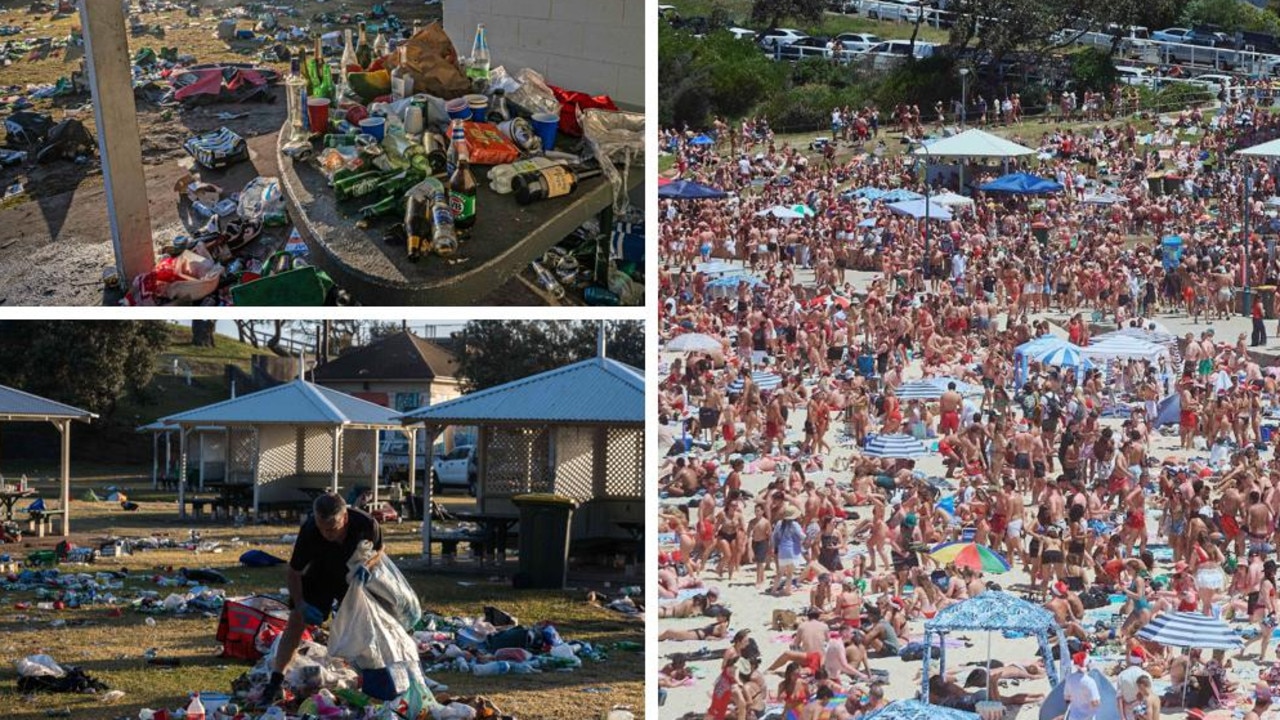Christmas donations: The do’s and don’t of gift-giving to charities
ARE you thinking it might be a nice idea to donate soft toys, bottles of wine or old clothes to a charity for Christmas? Stop right there.
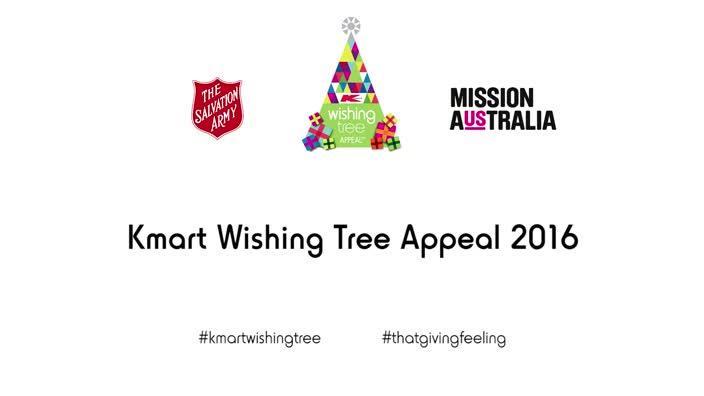
WHILE there are thousands of people, including families and children, living below the poverty line across the country this Christmas, there are several items charities don’t want well-meaning Australians to donate.
Among them are soft toys, alcohol, tobacco, perishable food, and dirty, stained or soiled items — all of which various charities receive each year.
“We don’t encourage people to give soft toys as we get inundated with them during this period,” The Salvation Army community fundraising director Andrew Hill told news.com.au.
“There are diverse range of people who need our assistance at Christmas, so we encourage people to think of all ages when buying a gift to donate.”
According to several registered charity organisations contacted by news.com.au — the items they’re most in need of this Christmas include “anything (non perishable) you can buy in a supermarket” such as personal hygiene products such as shampoo and conditioner.
But don’t gift wrap them.
Mr Hill said donors shouldn’t wrap Christmas presents for charities because volunteers need to know what’s in them prior to distribution.
“We need to ensure the gift is appropriate for the intended recipient,” Mr Hill said.
While it might be more tempting to donate something tangible, cash donations often go further, according to Mr Hill.
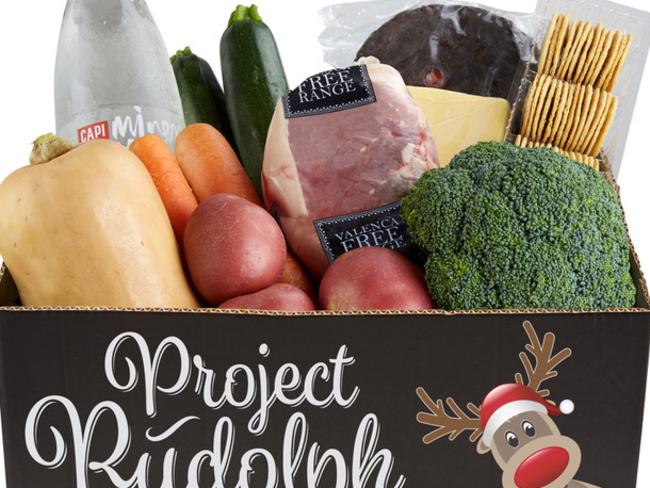
Mr Hill said that “to make the most effective difference a cash donation allows (us) to purchase items in their community that are needed most”.
“The Salvation Army needs to raise $15 million to meet the needs at Christmas for Australians doing it tough, whether they live in major cities or rural towns,” he said.
“A donation can provide a Christmas meal where everyone is welcome, financial assistance to families struggling with costs, gifts and toys for families and ensure our support carries on long after Christmas is over.
“A gift of $29 will allow the Salvos to put food on the table and presents under the tree for Aussies in need.”
More than 140,000 people experience homelessness in Australia every day with 44,000 under the age of 25, according to The Salvation Army.
“Families struggling financially often have to make the choice between paying their power bill or putting food on the table or putting presents under the tree at Christmas,” Mr Hill said.
“These are choices Australians should not have to make.
“Over Christmas the Salvos will help over 300,000 people, serve over 10,000 meals and distribute more than half a million gift and toys to Aussies in need.
“There are too many people that are isolated, lonely and doing it tough at Christmas.”
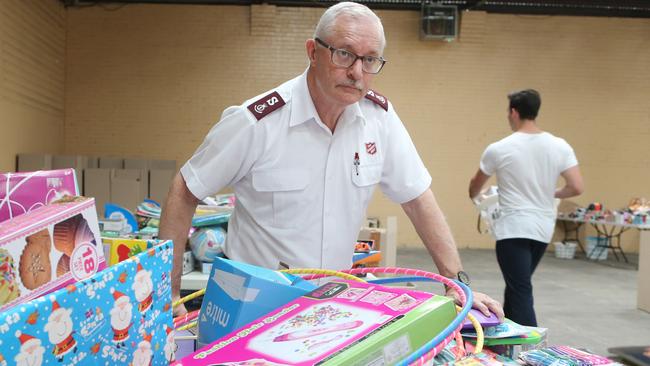
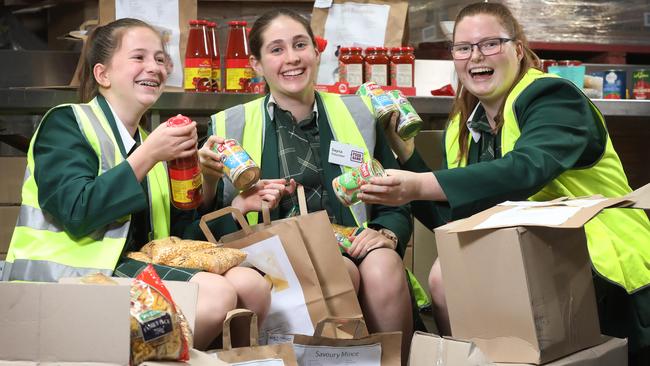
‘WE DO NOT ACCEPT DIRTY, STAINED, SOILED OR TORN ITEMS’
St Vincent de Paul Society NSW chief executive Jack de Groot said the best way for people to support the charity at this time of year was to donate to its Christmas appeal.
“A generous financial donation ensures that Vinnies is able to address the areas of greatest need in the best way possible,” he told news.com.au.
“Individuals wishing to donate to the St Vincent de Paul Society may also give goods to be resold at a Vinnies shops.
“Vinnies Shops accept new and excellent condition clothes, books, accessories, kitchen equipment, furniture, CDs, DVDs, decor and bric-a-brac.”
Mr de Groot said the charity accepts preloved items but only those which are in good condition.
“(It’s) so that when they are donating they are also giving the gift of dignity,” Mr de Groot said. “Vinnies Shops do not accept items that are dirty, stained, soiled or torn.
“Not every Vinnies shop can accept furniture or mattress — please call ahead to inquire — and most shops are unable to accept electrical appliances, for legal and safety reasons.”
Many Australians will be facing a bleak Christmas this year, according to Mr de Groot.
“Many of the people that Vinnies will assist this Christmas will be those experiencing or at-risk of homelessness, people who are unemployed or underemployed, refugees, those struggling with addiction or suffering from physical or mental health issues, and those families struggling with every day cost of living such as rent, energy bills and food.”
‘THE ISSUE OF HUNGER EXISTS IN AUSTRALIA’
Foodbank distributes food and groceries through a network of more than 2600 registered charities — including local soup kitchens, community pantries and various refuges.
The charity organisation is counting on the support of Australians to provide food relief to 652,000 this Christmas. Foodbank Australia spokesman McKenna Moroz said donations of food, funds or services helped “put meals on the table of everyday Australians who are going through tough times right now”.
“The issue of hunger exists in Australia,” she said.
Foodbank’s ‘most-wanted’ list includes: breakfast cereal; pasta; noodles; rice; couscous; tea and coffee; canned fruit, vegetables and pulses; long-life milk; baked beans and tinned spaghetti; personal hygiene products such as shampoo/conditioner, toothpaste and toilet paper;
shelf-stable meals that can be stored at room temperature in a sealed container; spreads such as Vegemite and honey; cooking and baking supplies.
“Despite our name being focused on food, items such as shampoo and conditioner, nappies, sanitary items, toothbrushes and toothpaste and household cleaning products are also in hot demand,” Ms Moroz said.
“We strictly don’t accept any tobacco or alcohol products.
“We are very clear when we ask for donations about this so we never receive them into the warehouses.”
The organisation also accepts monetary donations with “every $1 supercharged to distribute $8 worth of food and groceries” to charities and schools.
Ms Moroz said “the face of hunger in Australia was diverse, affecting all ages and a range of demographics”.
The Foodbank Hunger Report 2017 found that a shocking 3.6 million Australians, or 15 per cent of the population, have experienced uncertainty around where their next meal is coming from in the last year.
“Almost half of food insecure Australians are employed and 40 per cent of these households are families with dependent children, most of whom are aged under 12,” Ms Moroz said.
“Foodbank assists 652 000 people a month, including families, retirees and the elderly, students, the ‘working poor’, those of Aboriginal and Torres Strait Islander descent, refugees and those with disabilities.
“It’s not just a city issue either. Those living in country areas are 11 per cent more likely to be food insecure than their city counterparts. The reality is we’re all likely to know someone going without.”
Mr Moroz said many parents skipped meals so that their children could eat.
“Christmas can be tough for some Australians, but it is particularly tough for the millions of Australians who already struggle to put a meal on the table,” she said.
“We see people become increasingly isolated as they avoid social occasions and sever ties with friends and family because they are so embarrassed about their financial circumstances.
“It can be a time of loneliness, despair and even shame for the most vulnerable in our community.”
According to Ms Moroz, children live in 40 per cent of “food insecure households”, with nine out of 10 children in those circumstances, aged under 12.
— For more information on making a donation to The Salvation Army, visit here
— For more information on making a donation to St Vincent de Paul’s, visit here
— For more information on making a donation to Foodbank, visit here



